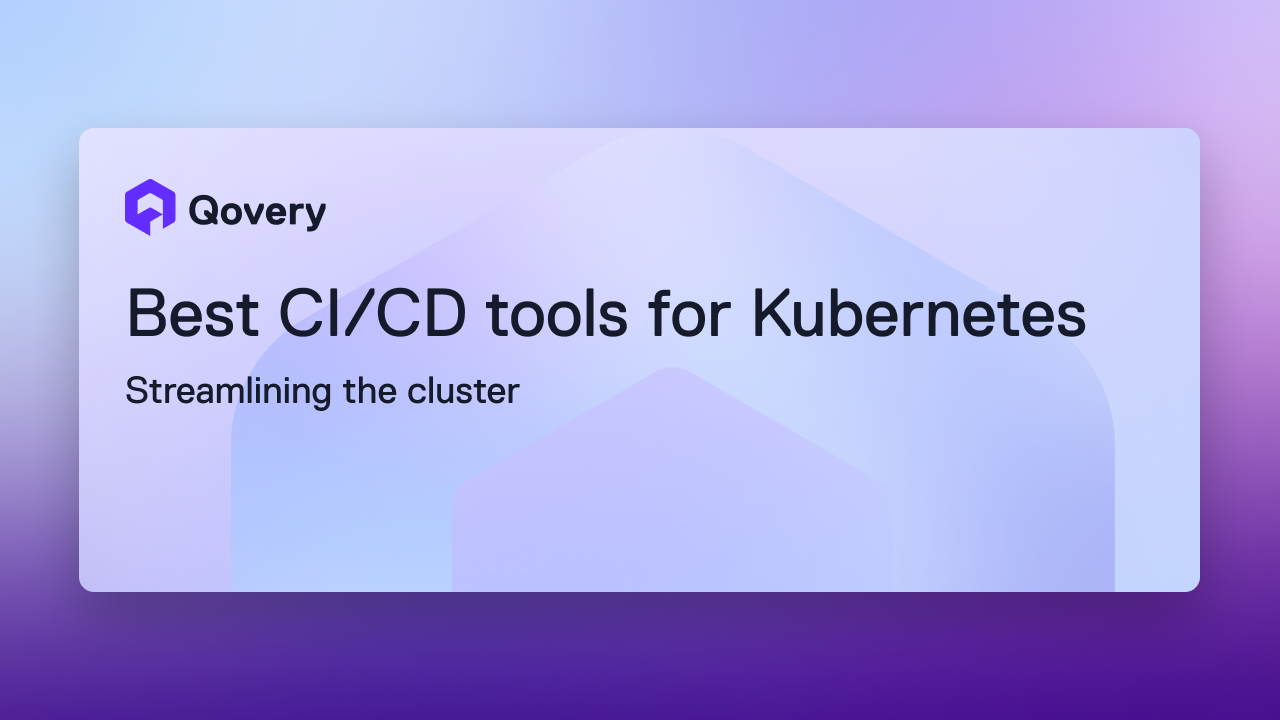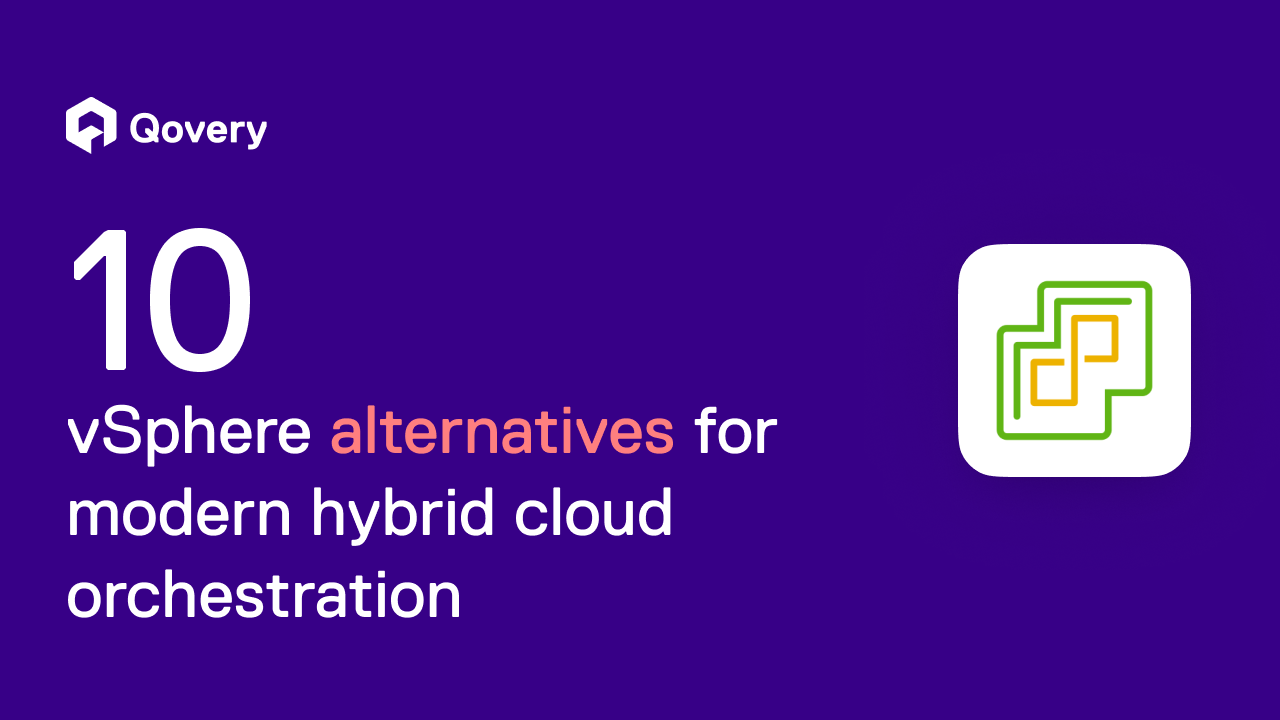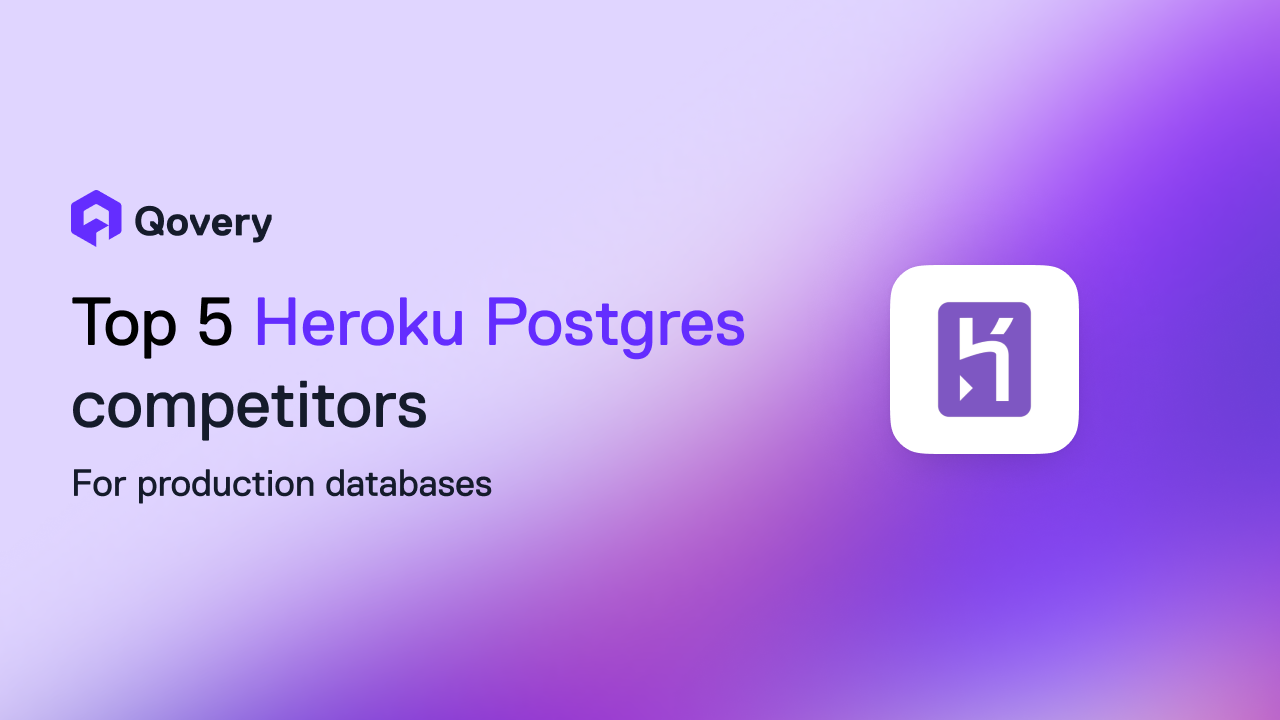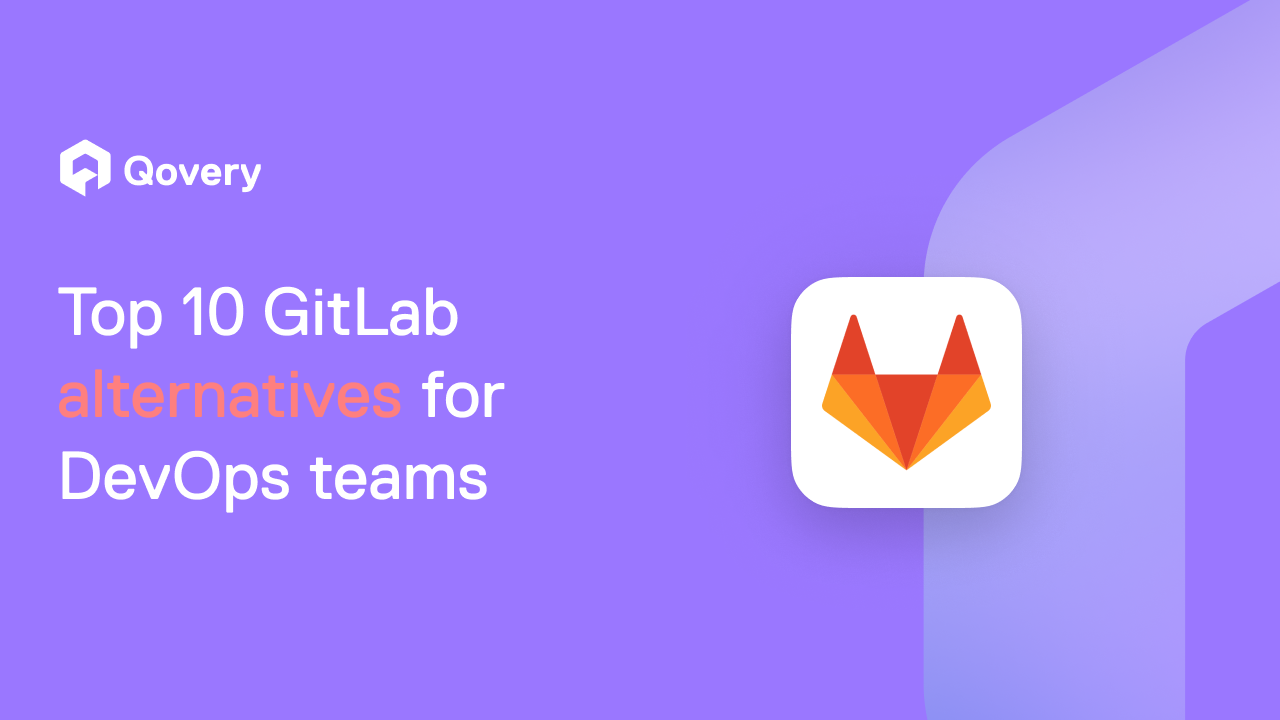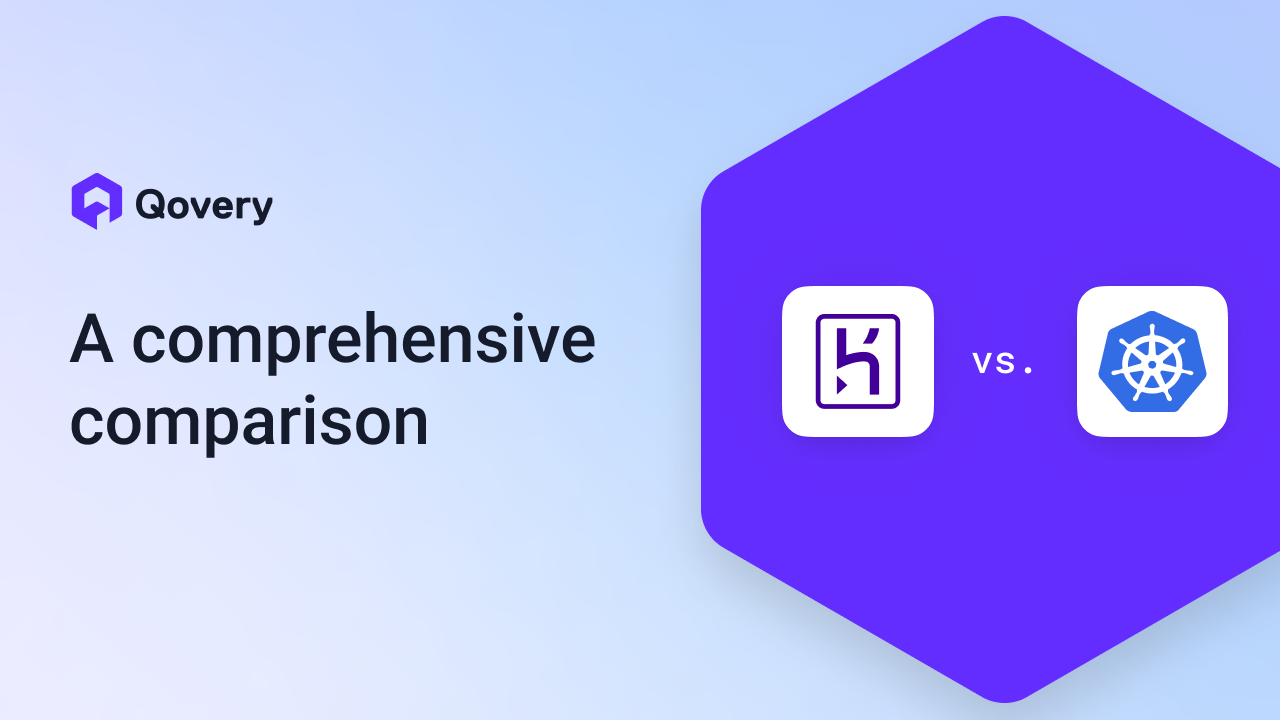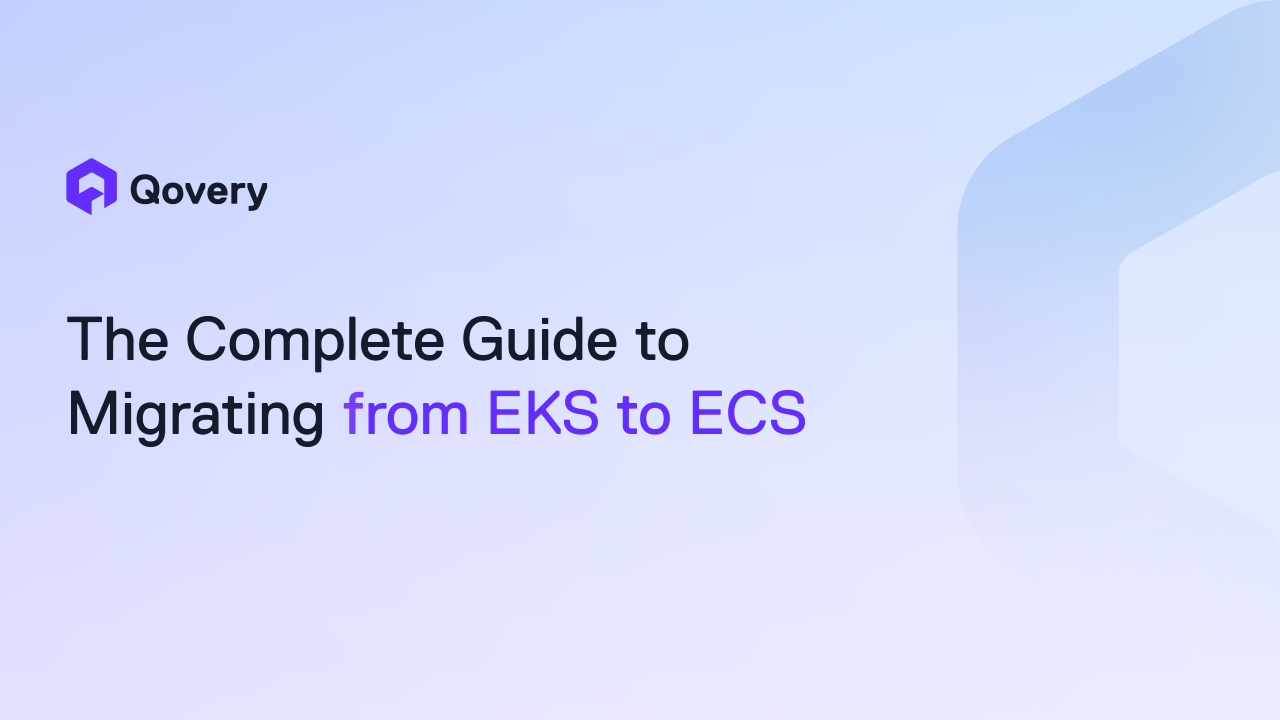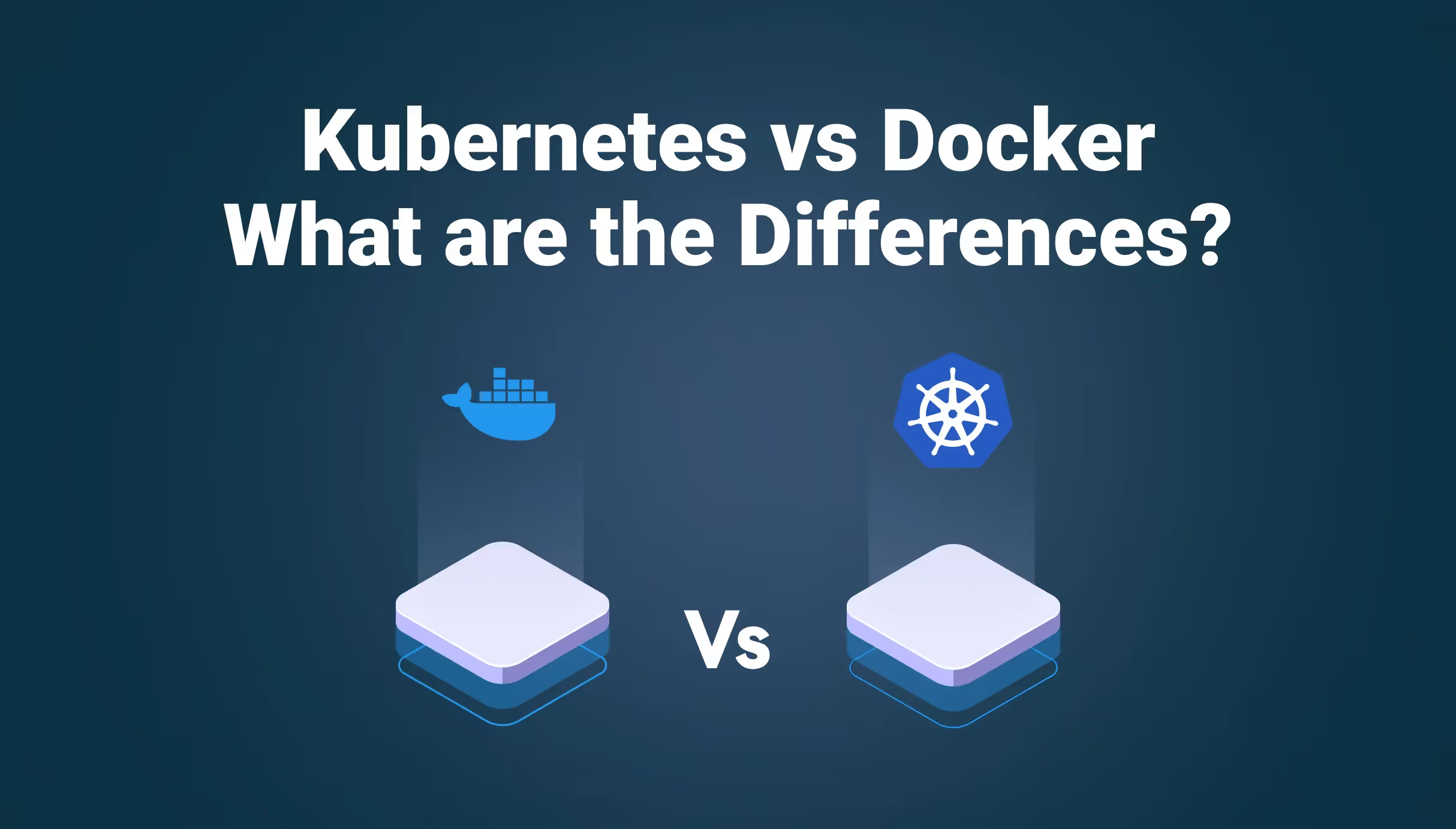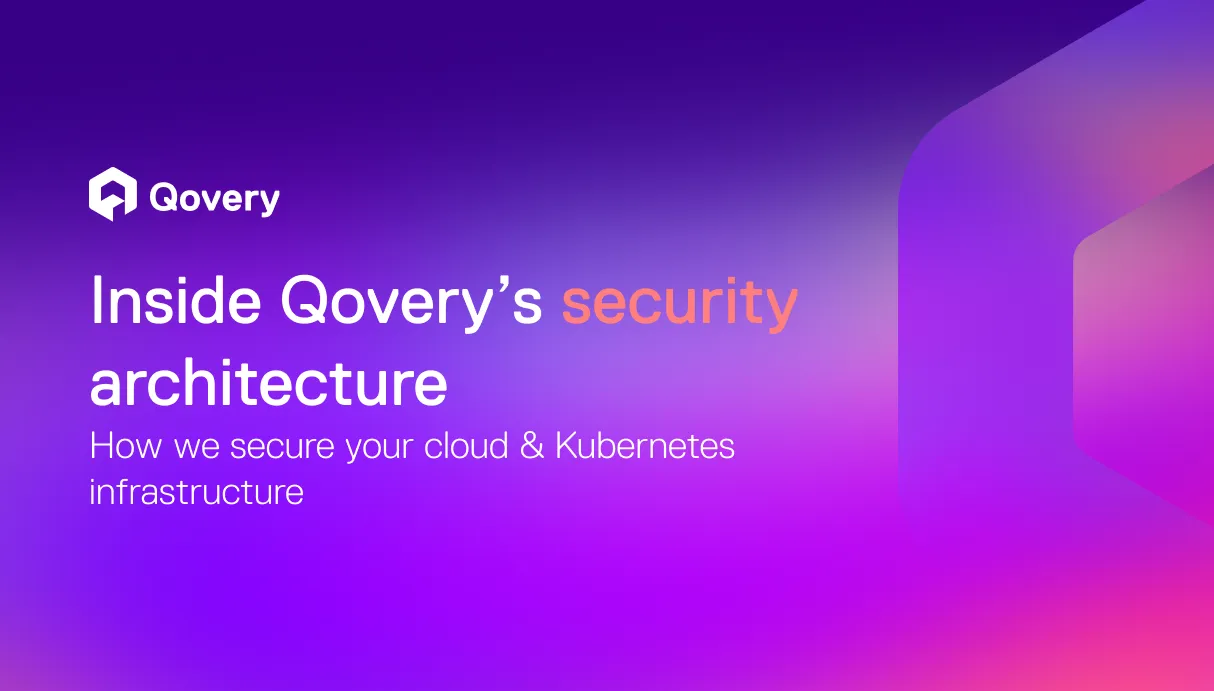

Heroku vs. Azure: Differences & What to Choose in 2025?

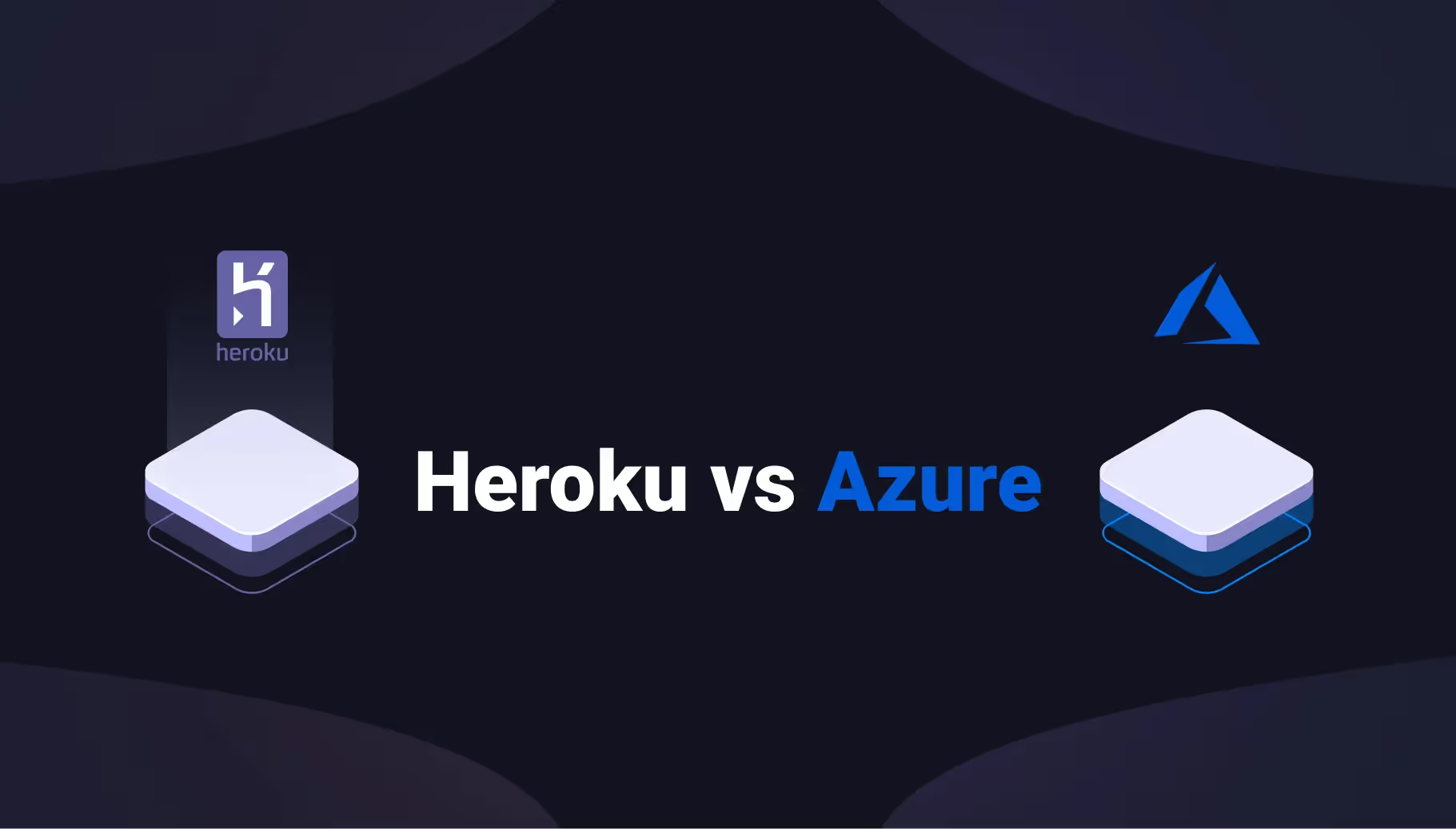

Key Points
- Heroku (PaaS) offers a streamlined, developer-centric experience, prioritizing simplicity and rapid deployment by abstracting infrastructure management. This makes it ideal for startups and smaller teams focused solely on application development. Azure provides granular control over infrastructure with a comprehensive service suite. It caters to organizations with specific customization needs and enterprise requirements.
- Heroku’s pricing model is predictable with fixed costs, which makes it appealing for initial stages but potentially becoming expensive as applications scale. The flexible pay-as-you-go model in Azure makes it more cost-effective at scale, but it requires close monitoring and expert knowledge to be managed well and avoid unexpected costs.
- Heroku provides a fully managed and secure environment that makes operations easier for development teams and offers simple scaling options that work for many applications. Azure works with a shared responsibility model, which gives customers a lot of control over security settings but also requires a lot of work and knowledge from them.
For mid-size companies navigating cloud platform choices in 2025, selecting the right solution can greatly impact growth and efficiency.
Azure and Heroku both have unique benefits and can be used by businesses seeking various cloud configurations and infrastructure. Heroku is simple and easy for developers to use, while Azure is strong and flexible.
This guide highlights key differences in pricing, security, scalability, and developer experience to help mid-size organizations make an informed decision tailored to their needs.
Pricing Comparison: Heroku vs. Azure
When considering cloud platforms for your applications, understanding the pricing models is critical to making an informed decision. Here’s a detailed comparison of the pricing structures of Heroku and Azure.
Heroku Pricing
Heroku's pricing is based on the concept of “dynos,” which are lightweight containers that run your applications. The platform offers several plans:
- Eco Dynos: $5/month for 1,000 dyno hours. These are suitable for experimentation and small projects.
- Basic Dynos: Approximately $0.01 per hour, up to $0.01 per hour, up to $7/month. These are ideal for small-scale personal projects.
- Standard Dynos: $25-$50/month. These offer enhanced performance for production applications.
- Performance Dynos: $250–$1,500/month. These are designed for high-traffic production applications that require autoscaling and enhanced performance.
Heroku also offers managed data services:
- Heroku Postgres: Starts at $5/month for 1 GB of storage.
- Heroku Redis: Starts at $3/month for 25 MB of storage.
All Heroku services are billed on a prorated basis, so they allow for cost savings in short-term or variable workloads.
Azure Pricing
Azure employs a pay-as-you-go pricing model that offers flexibility and potential cost savings through various options:
- Pay-As-You-Go: You pay for compute capacity by the hour or minute, with no long-term commitments.
- Reserved Instances: You reserve instances for up to a 3-year term, which offers significant discounts (up to 72%) compared to pay-as-you-go pricing.
- Spot Instances: You can access unused Azure capacity at discounted rates (up to 90% off), suitable for flexible, interruption-tolerant workloads.
Additional costs may include:
- Virtual Networks: Basic virtual networks are free. VPN Gateways start at $27/month.
- Data Transfer: Charges apply for data that moves between regions or outbound to the internet.
- Load Balancers: Basic load balancing is free, while Standard Load Balancer costs $18.25/month plus data processing fees.
- Storage: Ranges from $0.024/GB/month for cool storage to $0.208/GB/month for premium SSD storage.
Cost Implications
Heroku's pricing model is advantageous for teams that seek simplicity and predictability, especially during early development. However, costs can increase significantly as applications scale.
Because of its enterprise discounts and flexible pricing options, Azure offers the potential for significant cost optimization. This flexibility can become a risk for unforeseen expenses, as it requires careful management and monitoring. Engineering organizations must devote time and resources to closely oversee the infrastructure costs generated by Azure.
Data Security: Heroku vs. Azure
When evaluating cloud platforms, mid-sized organizations must focus on data security. Heroku and Azure offer distinct approaches, offering different levels of management and operational workload needed.
Heroku: Managed Security with Compliance Focus
Heroku provides a fully managed security model that handles infrastructure-level protections and compliance certifications. Applications on Heroku run in isolated containers, ensuring that each app operates within its own secure environment. Data is encrypted both at rest and in transit by default, and Heroku's platform undergoes regular third-party security assessments to maintain certifications such as ISO 27001, SOC 2, PCI DSS, and HIPAA.
For applications that require higher compliance standards, Heroku offers Shield Private Spaces. These provide network isolation and enhanced security features suitable for handling sensitive data in regulated industries.
Azure: Comprehensive Security with Enterprise Focus
Azure operates under a shared responsibility model where Microsoft manages the security of the cloud infrastructure, while customers are responsible for securing their data, applications, and configurations within the cloud. This model offers organizations granular control over security settings, allowing for customized configurations that meet specific compliance and security needs.
Azure provides an extensive suite of security tools and services, including Microsoft Entra ID (formerly Azure Active Directory), Microsoft Defender for Cloud, and Azure Key Vault. These tools work together to provide identity management, threat protection, secrets management, and data security across Azure environments.
Azure maintains compliance certifications, including ISO/IEC 27001, SOC 1/2/3, HIPAA, FedRAMP, and numerous country-specific compliance standards. The breadth of Azure's security offerings requires organizations to have the technical expertise and resources needed to manage these security measures effectively.
Advantages and Disadvantages
When evaluating infrastructure and deployment platforms, mid-size organizations must consider the trade-offs between simplicity and control. Heroku and Azure offer distinct advantages and disadvantages that cater to different operational capacities.
Heroku
Advantages:
- Ease of Use: Heroku provides a streamlined Platform-as-a-Service (PaaS) environment, which abstracts much of the underlying infrastructure. This allows development teams to focus on building applications without delving into server management.
- Rapid Deployment: With Heroku, deploying applications is straightforward, often requiring just a git push command. This simplicity accelerates development cycles and reduces time to market.
- Integrated Services: Heroku offers a marketplace of add-ons and services, including databases, monitoring tools, and caching solutions, which can be easily integrated into applications.
- Managed Security: Heroku handles infrastructure-level security, including patching and compliance certifications, reducing the operational burden on development teams.
Disadvantages:
- Limited Customization: Abstraction simplifying development also limits access to underlying infrastructure, restricting customization and fine-tuning.
- Scalability Constraints: While Heroku supports scaling, it may not handle high-traffic applications as efficiently as Azure, potentially leading to performance bottlenecks.
- Cost at Scale: Heroku's pricing model, while predictable, can become expensive as applications grow and require more resources.
- Vendor Lock-in: Heavy reliance on Heroku-specific features and add-ons can make migration to other platforms challenging.
Azure
Advantages:
- Granular Control: Azure offers Platform-as-a-Service (PaaS) and Infrastructure-as-a-Service (IaaS) solutions that give businesses fine-grained control over their infrastructure resources. This lets organizations tailor their configurations to meet specific product requirements.
- Scalability: Azure delivers comprehensive scalability capabilities, including Virtual Machine Scale Sets with autoscaling, Azure Load Balancer, and Azure Content Delivery Network (CDN) for global distribution, enabling organizations to efficiently manage variable traffic.
- Extensive Service Portfolio: With more than 200 cloud-based products and services, Azure supports organizations requiring customizable solutions, advanced analytics, artificial intelligence and machine learning capabilities, and comprehensive enterprise integration.
- Enterprise Integration: Strong native integration with the Microsoft ecosystem (Microsoft 365, Microsoft Entra ID, Windows Server) makes Azure particularly attractive for organizations already invested in Microsoft technologies and workflows.
- Cost Optimization: Azure provides flexible pricing models, hybrid cloud benefits, and cost management tools that can deliver significant cost savings when closely managed.
Disadvantages:
- Complexity: The extensive range of Azure services can create overwhelming complexity, requiring substantial learning curves and often necessitating dedicated cloud operations teams for effective management.
- Operational Overhead: Organizations maintain responsibility for configuring, securing, and maintaining their cloud infrastructure, which can take away from core product development.
- Cost Management: Azure's granular, consumption-based pricing model can result in unexpected expenses without proper monitoring, governance, and cost control mechanisms in place.
Key Differences
Service Model and Abstraction
Heroku operates as a Platform-as-a-Service (PaaS), providing a fully managed environment and abstracting underlying infrastructure. Developers can deploy applications autonomously without needing deep infrastructure knowledge. It allows for rapid development and deployment cycles.
Azure offers both Infrastructure-as-a-Service (IaaS) and Platform-as-a-Service (PaaS) providing varying levels of control over computing resources. While Azure provides PaaS offerings like Azure App Service, users can also manage the underlying infrastructure, enabling customized environments but requiring more technical expertise.
Deployment and Configuration
Heroku simplifies deployment through Git integration and a command-line interface (CLI). Applications can be deployed with minimal configuration. The platform manages deployment, scaling, and maintenance tasks automatically.
Azure offers multiple deployment options, including the Azure Portal, Azure CLI, Azure PowerShell, Visual Studio integration, and infrastructure-as-code tools like Azure Resource Manager (ARM) templates. These options provide flexibility but require a thorough understanding of cloud infrastructure and deployment processes.
Scalability and Performance
Heroku supports horizontal scaling by adding more dynos (containers) and vertical scaling by upgrading dyno types. While suitable for many applications, Heroku's scaling options may be limited for high-performance or resource-intensive applications.
Azure provides comprehensive scalability features, including Virtual Machine Scale Sets with autoscaling, Azure Load Balancer, Azure Content Delivery Network (CDN) for global distribution, and various instance types to match workload requirements. This flexibility allows applications to scale efficiently.
Ecosystem and Integrations
Heroku offers a curated ecosystem with a marketplace of add-ons for databases, monitoring, caching, and more. These integrations are designed for ease of use and can be added to an environment with minimal configuration.
Azure features an extensive ecosystem of over 200 services, including advanced analytics, machine learning, IoT capabilities, and strong integration with the Microsoft ecosystem (Microsoft 365, Microsoft Entra ID, Power Platform). While powerful, integrating these services often requires more complex setup and management.
Security and Compliance
Heroku manages security at the platform level, including patching and compliance certifications such as ISO and SOC. This approach reduces the security management burden on development teams but offers less customization.
Azure operates under a shared responsibility model where Microsoft secures the infrastructure while users are responsible for securing their applications and data. This model provides greater control over security configurations and extensive compliance options but demands more effort and expertise from organizations.
Features Deep Dive: Heroku vs. Azure
Deployment
Heroku offers a streamlined deployment process using Git integration and a command-line interface (CLI). Developers can deploy applications with a simple git push command, and the platform handles provisioning, scaling, and maintenance tasks automatically. This approach abstracts away infrastructure complexity entirely.
Azure provides multiple deployment options, including Azure DevOps, GitHub Actions, Visual Studio integration, Azure CLI, and infrastructure-as-code tools. These options offer significant flexibility but require a deeper understanding of cloud infrastructure and deployment pipelines.
Scaling
Heroku supports horizontal scaling by adding more dynos (lightweight Linux containers) and vertical scaling by upgrading dyno types. While suitable for many applications, Heroku's scaling options may be limited for high-performance or resource-intensive applications that require fine-grained control over infrastructure resources.
Azure offers comprehensive scalability features, including Virtual Machine Scale Sets with autoscaling capabilities, Azure Load Balancer, Azure Application Gateway, and global distribution through Azure regions and Azure Content Delivery Network (CDN). This flexibility allows applications to scale efficiently and meet any traffic levels.
Databases
Heroku provides managed data services like Postgres and Redis that are easy to integrate and manage. These services are suitable for applications requiring straightforward database solutions without extensive customization or enterprise-grade features.
Azure offers a comprehensive suite of database services including Azure SQL Database, Azure Database for PostgreSQL, Azure Database for MySQL, Azure Cosmos DB (multi-model NoSQL), and Azure Cache for Redis. These services provide advanced features like automated backups, geo-replication, multi-region deployments, and enterprise-grade security and compliance capabilities.
Networking
Heroku manages networking configurations automatically, which simplifies the development process significantly. However, this abstraction limits the ability to customize network settings, implement custom security groups, or configure advanced networking topologies, which may limit applications with specific networking requirements.
Azure provides extensive networking capabilities through Azure Virtual Network, allowing users to define custom network configurations, subnets, network security, and gateways. This level of control benefits enterprise applications requiring customized networking setups, hybrid connectivity, and advanced security configurations.
Monitoring
Heroku offers integrated monitoring tools providing insights into application performance, including centralized logs, basic metrics, and alerting capabilities. These tools are suitable for development teams requiring straightforward monitoring without extensive configuration or enterprise-grade observability requirements.
Azure features a comprehensive monitoring ecosystem with services like Azure Monitor, Application Insights for application performance monitoring, Log Analytics for centralized logging, and Microsoft Defender for Cloud for security monitoring. These tools enable detailed observability suitable for complex enterprise and distributed applications.
Developer Experience: Heroku vs. Azure
Heroku: Streamlined and Developer-Centric
- Simplified Deployment: Heroku enables developers to deploy applications directly from their development environment using Git-based workflows, automatically handling all infrastructure complexity behind the scenes.
- Integrated Tooling: Developers access a user-friendly web dashboard and command-line interface (CLI) to manage applications, adjust dyno scaling, monitor performance metrics, and view centralized logs in real-time.
- Add-Ons Marketplace: Heroku's curated marketplace features many add-ons for databases, caching, monitoring, and third-party integrations that developers can provision and configure with minimal setup requirements through simple one-click installation.
- Review Apps: Heroku automatically creates disposable test environments for each GitHub pull request, providing unique URLs for testing and collaboration. These temporary environments are automatically updated with each code push and deleted when pull requests are closed or merged.
Azure: Comprehensive and Configurable
- Diverse Deployment Options: Azure offers multiple deployment approaches including the Azure Portal, Azure CLI, and infrastructure-as-code solutions. This accommodates different development workflow preferences and organizational requirements.
- Extensive Service Ecosystem: Developers leverage Azure's 200+ services to construct sophisticated applications while maintaining precise infrastructure control and enterprise integration capabilities.
- CI/CD Integration: Azure facilitates continuous integration and deployment via Azure DevOps, GitHub Actions, and Azure Pipelines that automate build and deployment operations.
- Enterprise Integration: Strong integration with Microsoft development tools and services (Visual Studio, VS Code, Office 365, Power Platform) provides familiar workflows for Microsoft-stack developers.
- Learning Curve: Azure's extensive service catalog and configuration possibilities demand greater technical expertise, frequently necessitating specialized DevOps engineers to manage its configuration.
Conclusion
The choice between Heroku and Azure depends on your organization's specific requirements and engineering maturity.
- Heroku delivers simplicity and fast deployment, making it perfect for startups and small teams that want a managed environment with low operational demands and quick time-to-market.
- Azure provides deep customization options, scalable solutions, enterprise integration capabilities, and a comprehensive service portfolio that suits mid-size organizations ready to manage more complex infrastructure for sustainable growth.
Consider factors such as your team's familiarity with Microsoft technologies, requirements for enterprise features, and long-term scalability needs when making your decision for a platform that matches your needs.
Using Qovery, you can benefit from the deep customization and cost-effectiveness of Azure while providing a great developer experience, on par with Heroku’s. This effort lets your organization benefit from the best of both worlds, optimizing complex infrastructure while letting your teams ship at scale with confidence.
Connect Heroku's simplicity with Azure's capabilities through Qovery. Transition seamlessly and operate your Azure infrastructure with ease - check it out!

Suggested articles
.webp)



.svg)
.svg)
.svg)
